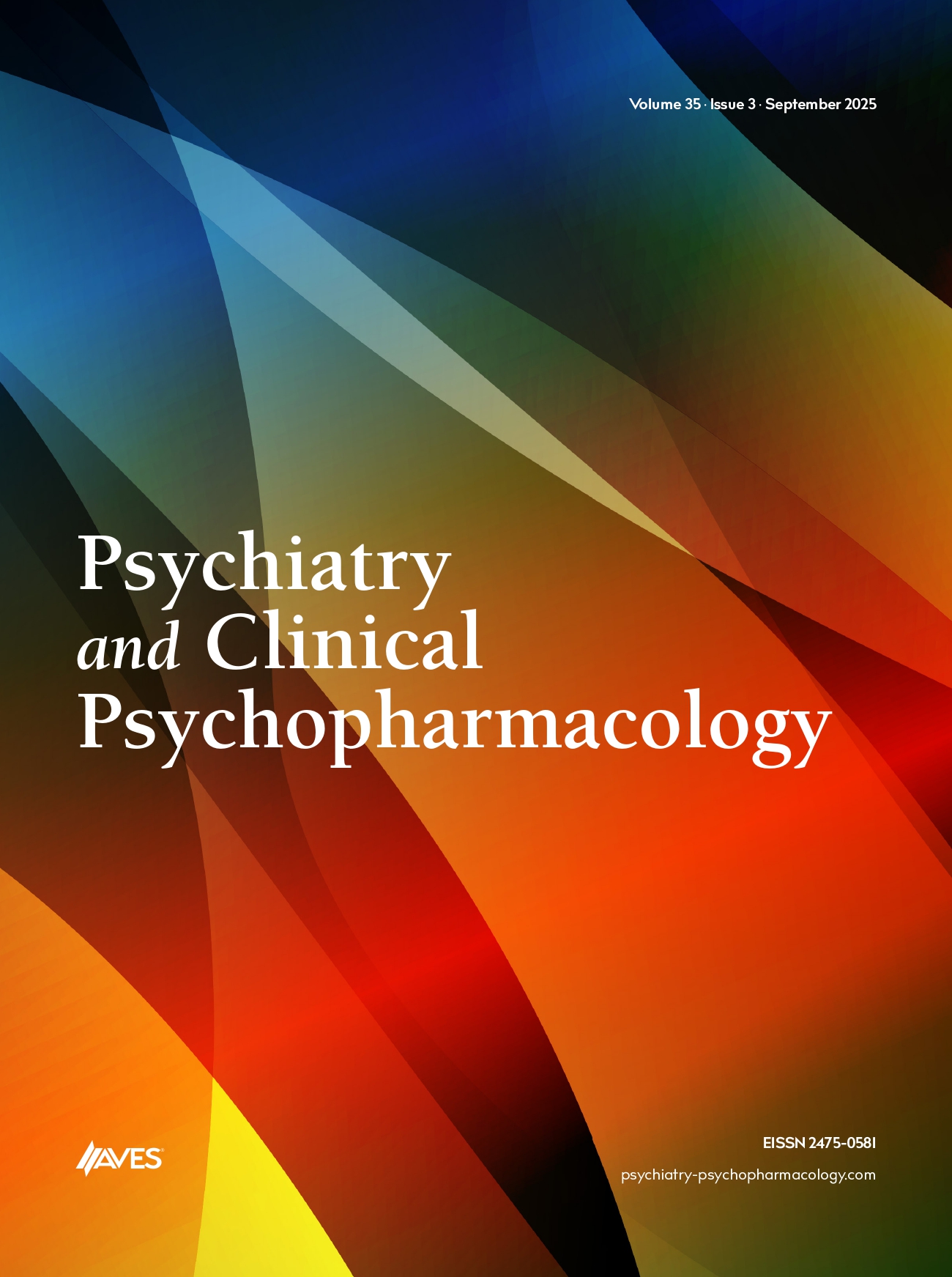OCD was initially thought to be unresponsive to treatment but subsequently, a range of effective treatments has been developed on the basis of two approaches, pharmacological and psychosocial. Pharmacological agents such as Selective Serotonin Reuptake Inhibitors (SSRIs) and clomipramine have changed the face of OCD management. Around 50–60 % of patients showed remission after treatment. In treatment resistant cases, augmenting agents like clonazepam, risperidone and buspirone are used. Intravenous clomipramine is another option. Other strategies which are currently under study include riluzole and other drugs which act on the glutaminergic system, opioid agonists and inositol augmentation. Immunomodulatory therapies have also been studied especially in PANDAS. Development of newer somatic methods of treatment like repetitive trans-cranial stimulation (rTMS) and Deep Brain Stimulation (DBS) are promising in targeting the fronto-striato-pallido-thalamo-cortical circuits for treatment resistant OCD. Although controversial, stereotactic and gamma knife assisted neurosurgical procedures such as cingulotomy and anterior capsulotomy are also possible treatments for resistant cases.


.png)
.png)